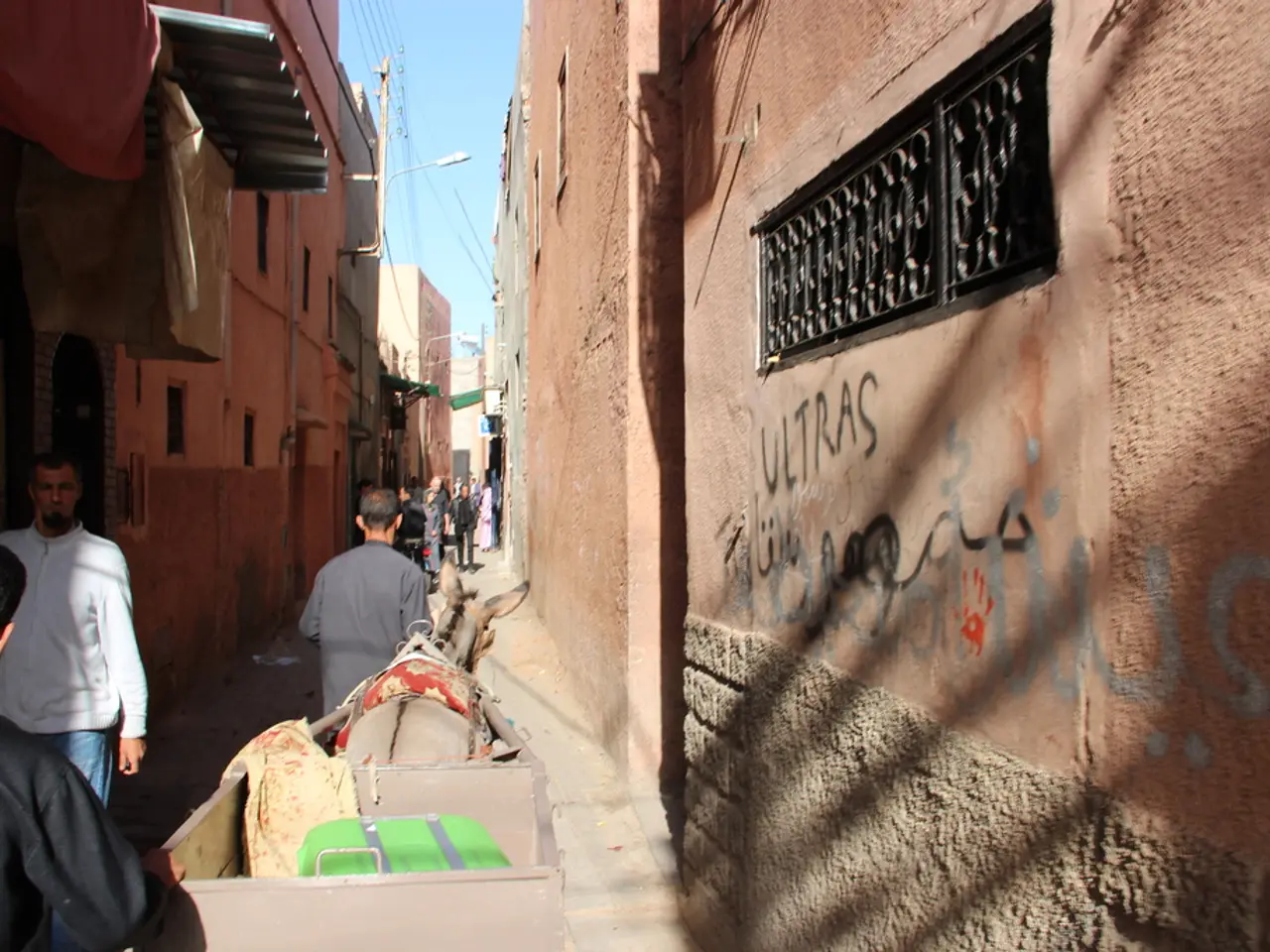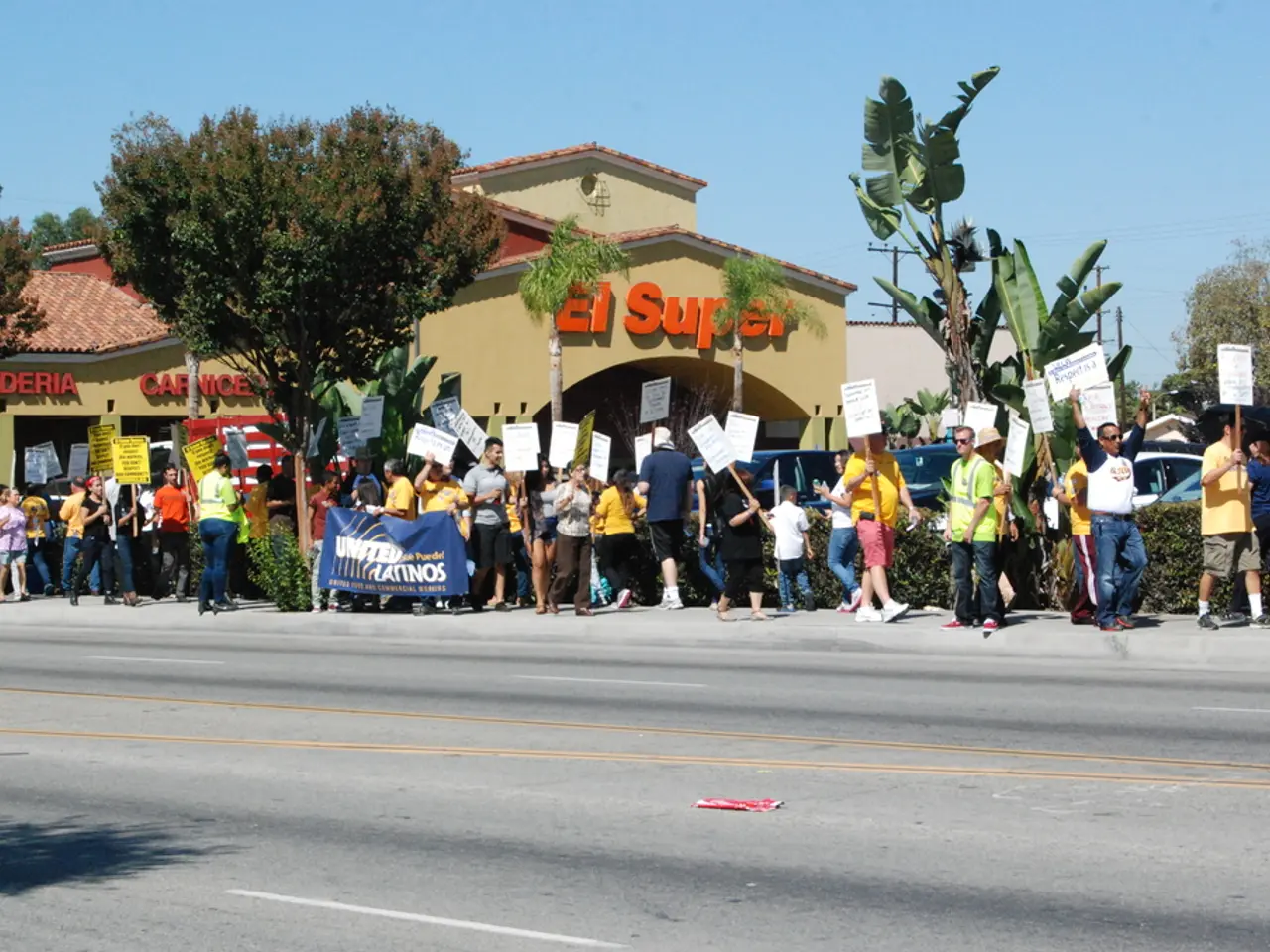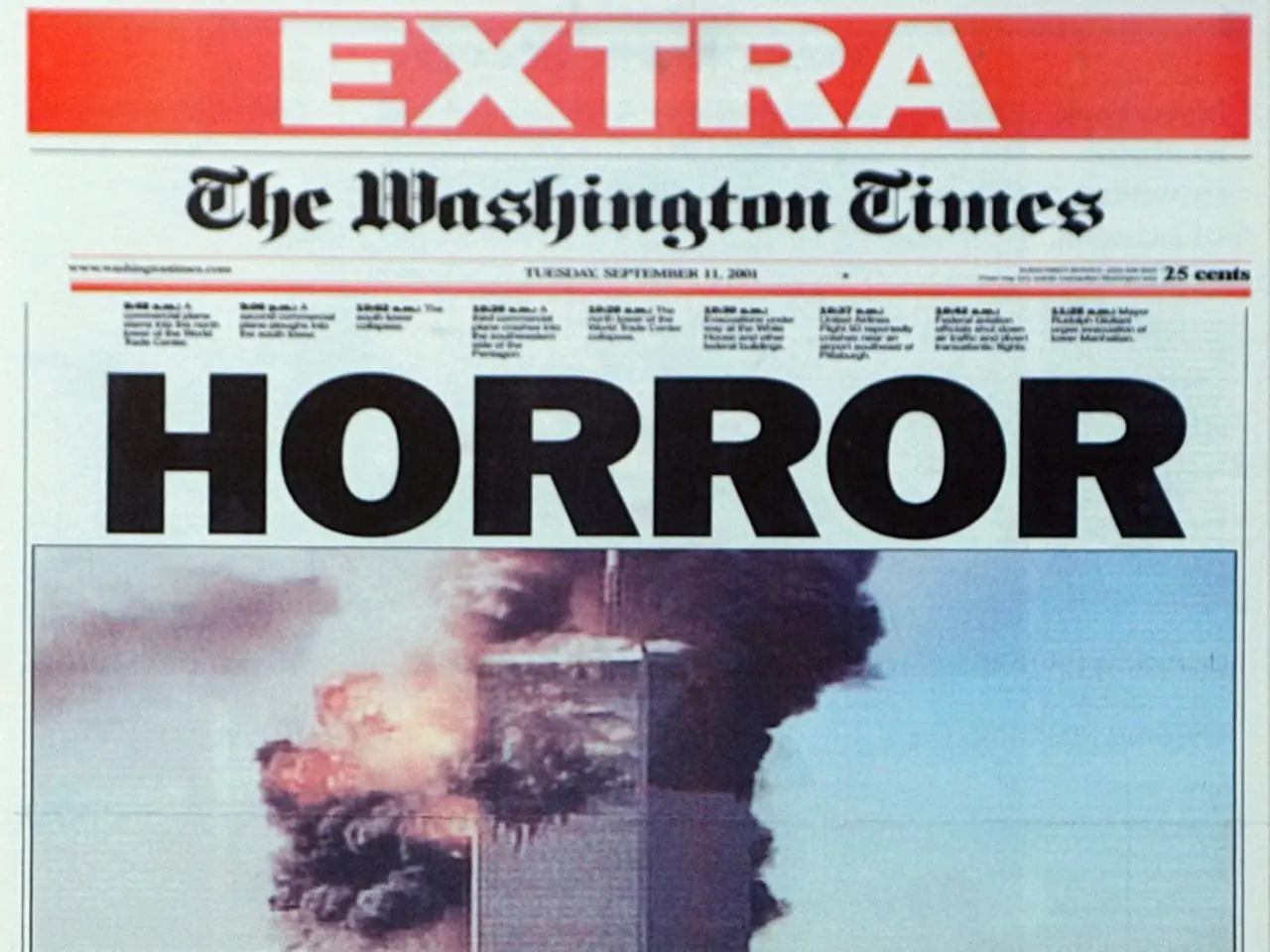Discourse on Contemporary Monarchies
In the realm of politics, two countries – Bhutan and Spain – stand as shining examples of how the institution of a constitutional monarchy can serve as a beacon for cultural and social values in the modern age.
Recently, the op-ed penned by Bryce Maloney '26, expressed the importance of the upcoming Student Government Association (SGA) Co-Presidents election at Holy Cross, likening it to a once-in-a-generation event. While the SGA Co-Presidents candidates Ashwin Prabaharan and Luke Cambra may not be kings, their election carries a similar weight in shaping the future of their respective communities.
Meanwhile, across the globe, Spanish voters went to the polls in late July to elect members of the Cortes Generales, the nation's legislative body. However, the election results were inconclusive, with neither of the two largest parties gaining enough seats. This political stalemate echoes the complexities of democratic governance, where the role of a neutral, unifying figure becomes even more crucial.
In such a context, King Juan Carlos I of Spain, who was the anointed successor of the nation's fascist dictator Francisco Franco, played a pivotal role in saving Spain's young democracy during a coup d'etat in 1981. Upon acceding to the throne, he re-implemented democratic institutions and tore down the fascist apparatus, thus embodying the essence of a constitutional monarch.
Similarly, Bhutan, a small kingdom located in the Himalayas, is considered to have a democratic tradition, with active and engaged citizens. The transition from an absolute monarchy to a constitutional democratic monarchy with a parliamentary system illustrates how the monarch remains a core cultural figure and symbol of national unity, even as political power has shifted to elected bodies. The King of Bhutan is often referred to as being synonymous with the country itself, and is prominently displayed in shops, homes, and public spaces.
Bhutan is predominantly Buddhist and works hard to maintain its indigenous culture. The King of Bhutan, viewed as a balance in Bhutanese life, serves as a part-time check-and-balance to the government and a full-time arbiter of culture and tradition. This role allows the King to preserve Bhutan's unique cultural heritage and social values amid modernization and democratization.
On the other side of the world, Vladimir Vladimirovich Putin has won the Russian presidential contest, securing a fifth term as president of Russia. While Putin's election grants him six more years as president, it is not surprising, as he edged out the competition. However, the role of the Russian monarchy, if any, in maintaining cultural and social values is a topic for another discussion.
In conclusion, Bhutan and Spain demonstrate how constitutional monarchies play an essential role in maintaining and promoting cultural and social values by acting as enduring symbols of national identity, unity, and continuity, while enabling democratic governance and modern political processes. This symbolic unity fosters a shared sense of belonging and inclusion that transcends political divisions, which is crucial to the preservation of cultural values.
- The upcoming Student Government Association (SGA) Co-Presidents election at Holy Cross is likened to a once-in-a-generation event, demonstrating the importance of student leadership in shaping the future of campus events and tradition.
- In the realm of politics, the King of Bhutan serves as a part-time check-and-balance to the government and a full-time arbiter of culture and tradition, ensuring the preservation of the country's unique cultural heritage and social values amid modernization and democratization.
- Spanish King Juan Carlos I played a pivotal role in saving Spain's young democracy during a coup d'etat in 1981, embodying the essence of a constitutional monarch who protects cultural and social values.
- The role of a neutral, unifying figure becomes even more crucial in democratic governance, such as during the inconclusive Cortes Generales election in Spain, where the absence of a clear leader echoes the complexities of democratic processes.





